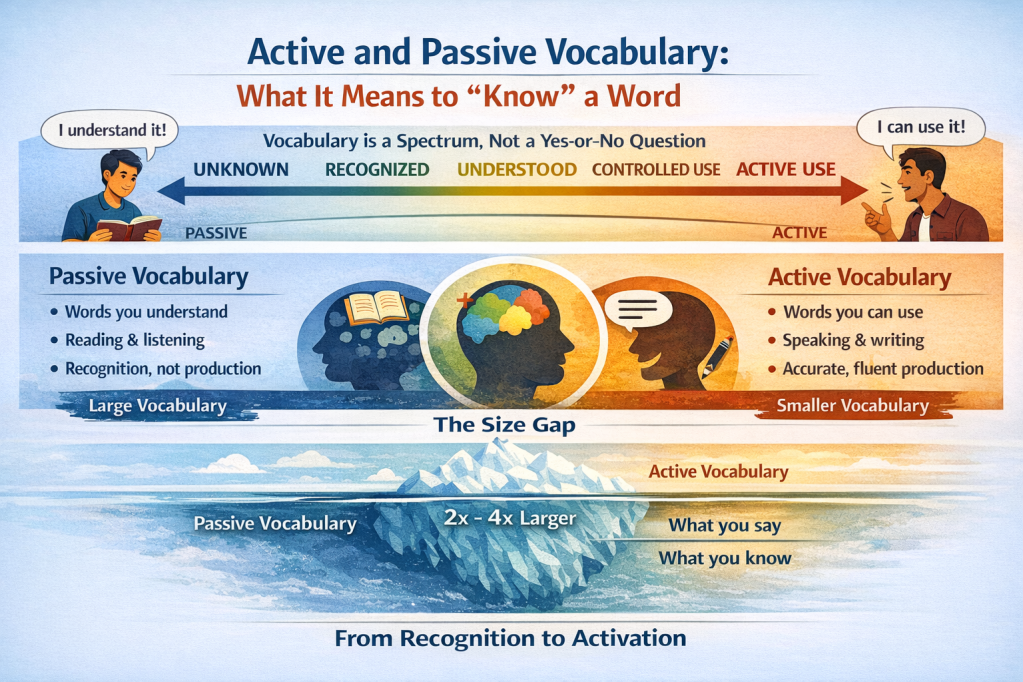Unlocking the Secret to Fluent Speech
Imagine being able to effortlessly converse in a new language, the words flowing naturally as if you’d been speaking it your whole life. What if the secret to unlocking this linguistic superpower lies not just in hours of practice, but also in what you eat and how well you sleep?
Welcome to the fascinating world where diet and sleep meet brain health, creating the perfect environment for language learning. Picture this: a brain that’s well-fed with nutrient-rich foods, firing on all cylinders, and a mind that’s refreshed and alert after a good night’s sleep. This combination is not just a recipe for general well-being—it’s a powerhouse duo for mastering new languages.
In this journey, we’ll explore how the right nutrients can supercharge your brain, keeping it sharp and ready to absorb new vocabulary and grammar rules. We’ll dive into the science behind stable blood sugar levels and their magic in maintaining focus and concentration during those intense study sessions. Plus, we’ll uncover the mystery of the gut-brain connection and its surprising influence on your mood and cognitive abilities.
And let’s not forget sleep—often underestimated, it’s your brain’s best friend when it comes to memory consolidation and learning. Discover how foods rich in tryptophan can enhance your sleep quality, turning your nights into a secret weapon for language retention.
So, whether you’re a seasoned polyglot or just starting your linguistic adventure, get ready to harness the power of diet and sleep. By the end, you’ll see how a few simple changes in your daily routine can transform your language learning journey, making it not only more effective but also more enjoyable. Let’s embark on this delicious and restful path to fluency!
Diet can have a significant impact on language learning through its effects on cognitive function, energy levels, and overall brain health. Here’s how various aspects of diet can influence language learning:
1. Nutrient-Rich Diet and Brain Function
- Essential Nutrients: Nutrients such as omega-3 fatty acids, found in fish, flaxseeds, and walnuts, support brain health by promoting neuronal growth and reducing inflammation. Vitamins B6, B12, and folic acid also play crucial roles in cognitive function.
- Antioxidants: Foods rich in antioxidants, such as fruits and vegetables, protect the brain from oxidative stress, which can improve memory and learning capacity.
2. Blood Sugar Levels and Energy
- Stable Blood Sugar: Maintaining stable blood sugar levels through a balanced diet that includes complex carbohydrates, protein, and healthy fats can prevent energy crashes and help maintain concentration and focus during language learning activities.
- Glycemic Index: Foods with a low glycemic index, like whole grains, legumes, and non-starchy vegetables, provide a steady release of glucose, which is essential for sustained mental performance.
3. Hydration
- Cognitive Performance: Adequate hydration is vital for cognitive function. Even mild dehydration can impair attention, memory, and critical thinking, which are essential for learning a new language.
4. Gut-Brain Axis
- Gut Health: The gut-brain axis refers to the bidirectional communication between the gut and the brain. A healthy gut microbiome, supported by a diet rich in fiber, fermented foods, and probiotics, can positively influence mood, stress levels, and cognitive functions, all of which are important for language acquisition.
5. Mood and Mental Health
- Nutritional Psychiatry: Diet affects mental health, which in turn impacts learning capabilities. Foods that promote good mental health include those rich in omega-3 fatty acids, magnesium, zinc, and B vitamins. Conversely, diets high in processed foods and sugars can contribute to anxiety and depression, hindering language learning.
6. Sleep Quality
- Diet and Sleep: Certain foods can promote better sleep, which is crucial for memory consolidation and learning. Foods rich in tryptophan (such as turkey, eggs, and cheese) can improve sleep quality by boosting serotonin levels, a precursor to melatonin, the sleep hormone.
Practical Dietary Tips for Language Learners
- Balanced Diet: Aim for a balanced diet that includes a variety of whole foods, lean proteins, healthy fats, and complex carbohydrates.
- Regular Meals: Eat regular, balanced meals to maintain consistent energy levels throughout the day.
- Hydration: Drink plenty of water and limit caffeine and sugary drinks.
- Healthy Snacks: Opt for healthy snacks like nuts, fruits, and yogurt to keep your energy levels stable during study sessions.
- Mindful Eating: Practice mindful eating to avoid overeating and ensure that you are giving your brain the nutrients it needs without excess.
By focusing on a healthy, balanced diet, language learners can support their cognitive functions, maintain high energy levels, and improve their overall mental well-being, all of which are critical for effective language acquisition.
If you’ve read everything, please consider leaving a like, sharing, commenting, or all three!








Leave a comment